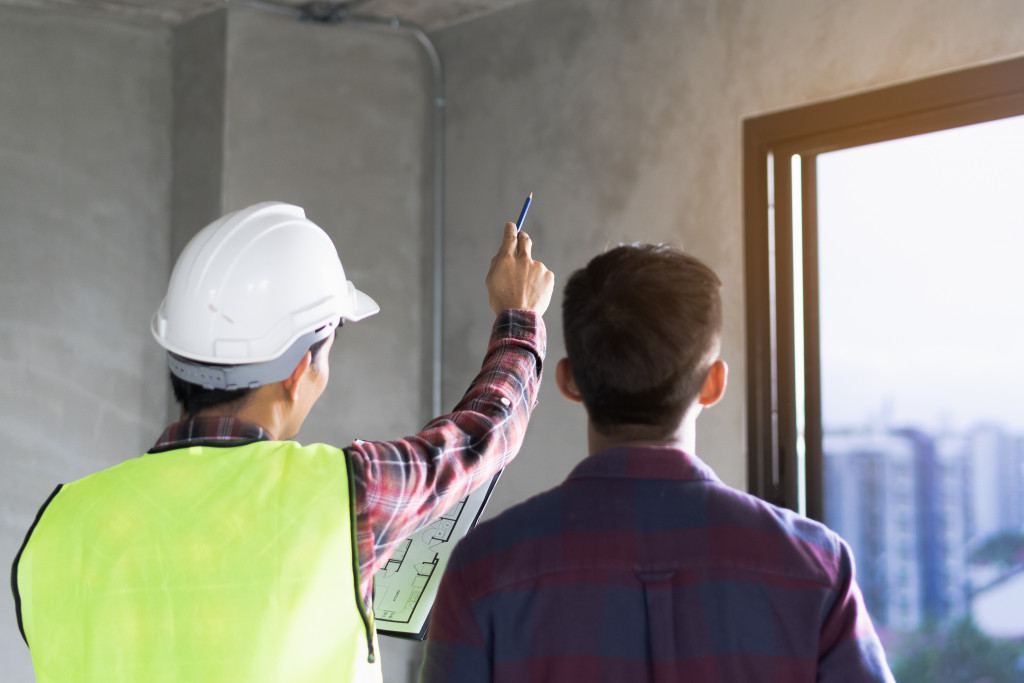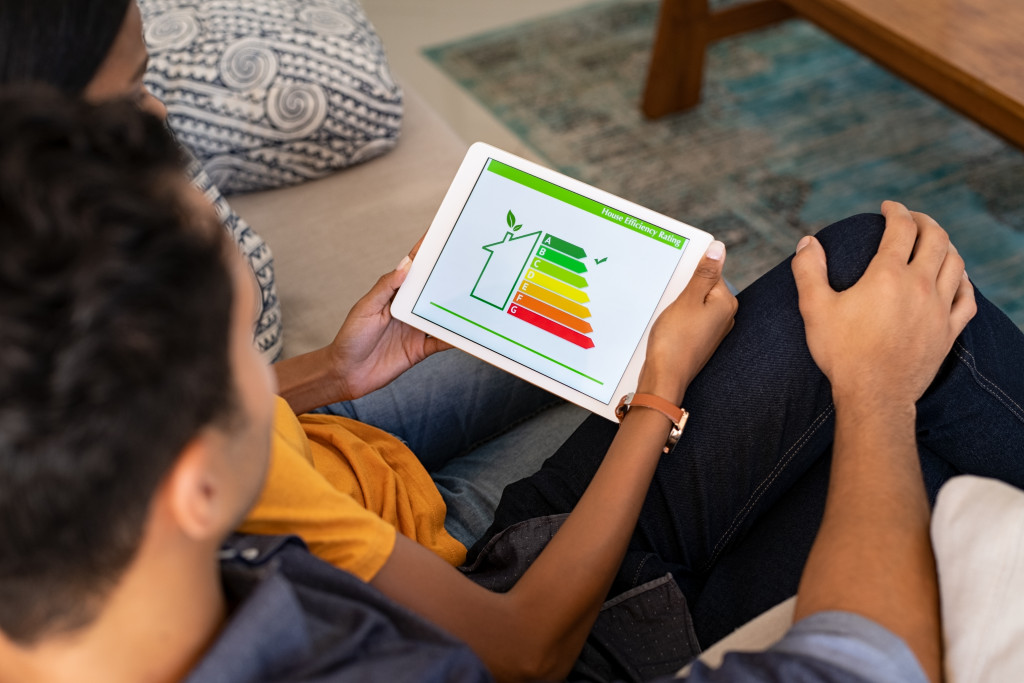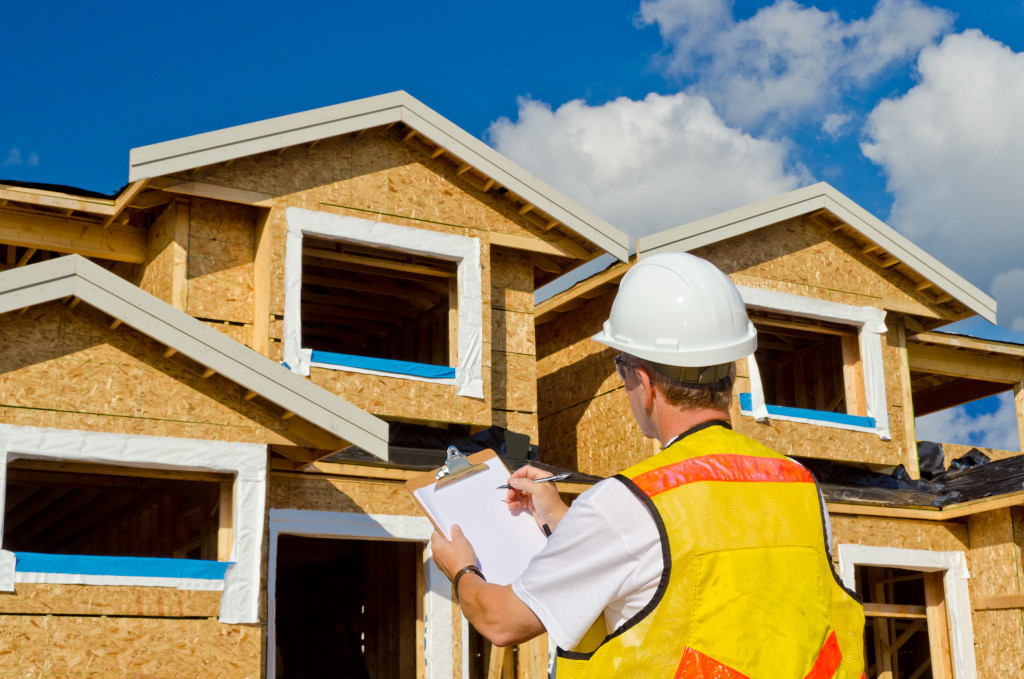- Real estate investment can provide long-term financial security and potential tax savings.
- Thorough property inspections are necessary to ensure its value is worth the purchase price.
- Inspections should include structural integrity assessments, electrical systems, plumbing systems, energy efficiency, and environmental impacts.
- Improvements to energy efficiency can result in lower utility costs and a better living environment.
- Regular maintenance of roofing, doors/windows, and other components will help maintain the home’s value over time.
Investing in residential property can be a great way to build wealth and create long-term financial security. Owning a home has several benefits, from increasing equity over time to provide a stable living environment for your family. According to the National Association of Realtors, existing home prices rose 4.5% in 2020 and are forecasted to grow in 2023. In addition, homeownership rates have increased steadily over the last decade, with 64% of households owning their own homes in 2020.
The financial benefits of owning a home are among the most appealing reasons investors invest in real estate. When you buy a property, you’re encouraged to pay off the loan as quickly as possible and make improvements that add value to the home. As your loan balance decreases, you’ll build home equity, which can be used for other investments or major purchases such as educational expenses or retirement planning. Additionally, investing in real estate provides tax deductions, including mortgage interest and depreciation deductions, that can help offset some of your costs while saving money at tax time.
However, you must ensure that your investments are worth it. You might not find it profitable to buy a home if the purchase price is too high or the house needs costly repairs. Before you invest in real estate, it’s essential to have a thorough inspection done. Here are some critical reviews to consider before buying any property:
Structural and System Integrity

The structural and household system integrity inspection covers a variety of elements, including doors and windows, roofing, exterior walls, foundations, plumbing systems, electrical systems, heating/cooling systems, interior walls/ceilings/floors, and other significant components. Here are four of the critical inspection tests included in this process:
Doors & Windows
A thorough inspection of all doors and windows should ensure they are installed and functioning correctly. It’s essential to check for any signs of air leaks, water damage, or other issues affecting their operation or longevity. Also, the condition of locks should be assessed since broken locks pose a security risk for homeowners.
Roofing
When investing in real estate, the roof’s condition should be one of your top priorities since it can quickly become damaged due to weather conditions or poor maintenance over time. During an inspection, your inspector will look for signs such as missing shingles or tiles, broken flashing seals, or leaks around vents or chimneys. If any repairs are needed due to age or wear-and-tear on your roofing system, these must be addressed before closing on the property.
Plumbing System
During an inspection of your plumbing system, inspectors will check every pipe in the house for signs of blockages or corrosion and evaluate fixtures like faucets and toilets for any water pressure or drainage problems. They will also examine underneath sinks or bathtubs for evidence of leaking pipes which could lead to costly water damage down the line if left unchecked.
Electrical System
It’s essential to ensure that wiring throughout the home is up-to-date so you don’t run into any safety hazards while living there. Inspectors will look at outlets and switches to ensure they are adequately grounded and inspect all junction boxes for exposed wires that could cause fires if left unaddressed. They may also test out appliances like stoves and ovens to confirm that they are working correctly before you move in. They also examine circuits for potential overloads due to too many devices plugged into one outlet simultaneously.
Energy Efficiency Test

Investing in a home is an important decision, and ensuring that the property you’re buying is safe, secure, and energy efficient is essential.
Many homes are not as energy efficient as they could be due to outdated appliances or inefficient insulation. This can lead to higher utility bills, uncomfortable living conditions, and even health risks from poor air quality.
An Energy Performance Certificate (EPC) test will help identify any areas of your potential new home where energy efficiency needs improvement. The EPC test assesses the overall energy performance of a building by measuring its insulation levels, heating system efficiency, ventilation systems, lighting fixtures, and more. With this information, you can make informed decisions about improving your home’s energy efficiency before investing in it to save money on utilities while enjoying comfortable living conditions for years.
Environmental Impacts
Environmental issues are a critical aspect to consider before investing in any property. A thorough inspection of the land will help identify potential risks like contaminated soil or nearby sources of pollution that could affect your health and safety once you move in.
Your inspector should also look for flooding and erosion, which can cause extensive damage if left unaddressed. Also, any significant environmental changes, such as nearby construction projects, should be evaluated to ensure they won’t hurt adversely impact your property values or quality of life down the line.
Final Thoughts
Investing in a home can be a great way to build wealth and secure financial stability for you and your family. However, it’s essential to conduct thorough inspections before investing. From ensuring structural integrity to identifying environmental issues, these reviews are the key steps you need to take before buying any property. Doing so will help you make an informed decision while safeguarding your investments over time.
